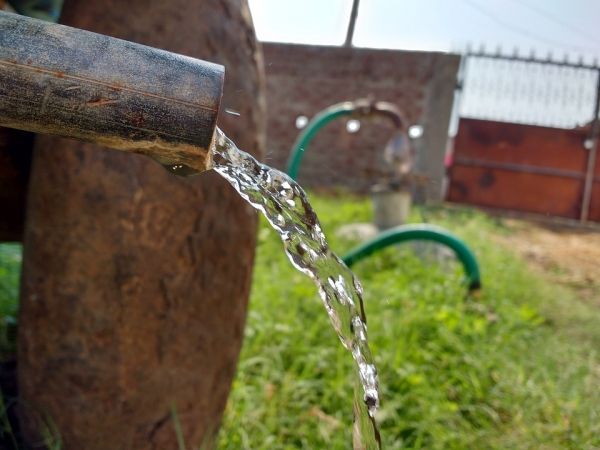Along with hurricanes and wildfires, there's another important, but seldom-discussed effect of climate change — toxic water and sinking land made worse by groundwater drought.
Water from snow and rain seeps deep into the ground between layers of soil and accumulates in sponge-like underground bathtubs, called aquifers. Farmers rely heavily on this groundwater to irrigate their crops when they can’t get enough water from surface water sources.
Roughly 85 percent of Californians also rely on groundwater for some portion of their water supply. Worldwide, an estimated two billion people depend on it. However, excessive groundwater use combined with droughts has caused land surface to sink, damaging critical infrastructure including roads, buildings, and sewage and water pipes.
New UC Riverside research shows groundwater takes an average of three years to recover from drought — if it ever recovers at all. In the largest study of its kind, scientists found that this recovery time only applies to aquifers that aren’t touched by human activity, and the recovery time might be even longer in regions with excessive pumping.
Read more at University of California - Riverside
Photo Credit: sonuverma603 via Pixabay


